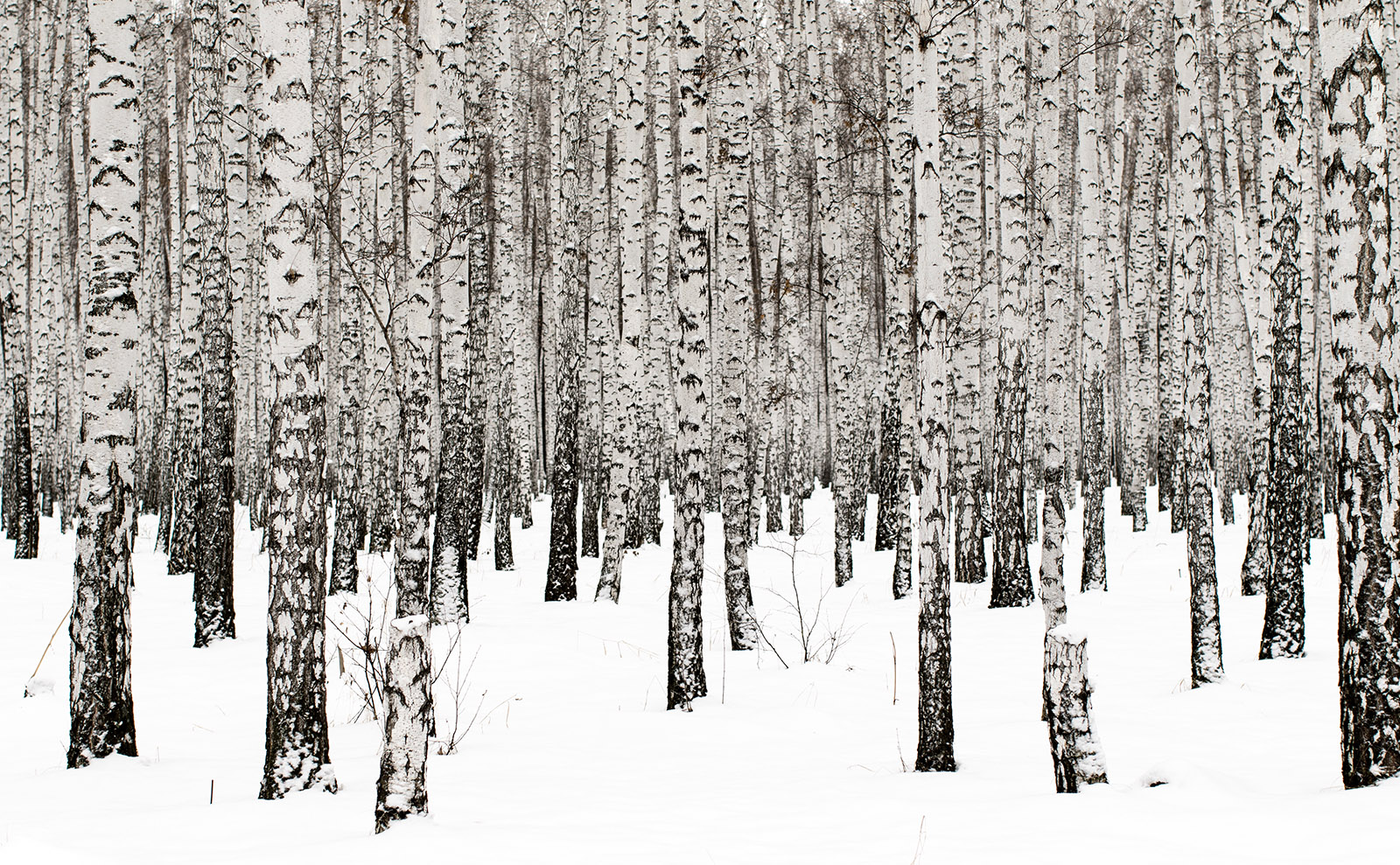
Armchair travel around the world!
Start your reading adventures with our FREE Reading Atlas.

- Around the World in 14 Books
- 7 Thrilling Book Series
- 6 Audiobooks That Are Like Theater For Your Ears



Robert Frost (1874-1963) was born in San Francisco but moved to Lawrence, Massachusetts, when he was 11. Although he attended Dartmouth College and Harvard University, he never earned a formal degree. But even without the prestigious paperwork, he eventually became ‘the most celebrated poet in America,’ winning four Pulitzer Prizes and serving as poetry consultant to the Library of Congress.
When Frost was 21, he married Elinor Miriam White — a smart girl with whom he’d shared the title of valedictorian in high school. They were married until her death in 1938, and she was a significant inspiration for his poetry.
This poem was published in 1915 in The Atlantic Monthly, shortly after Robert and Elinor moved to England and struck up new — and, we can only imagine, inspiring — friendships with other young poets, including Edward Thomas, Rupert Brooke, and Robert Graves.
Living away from the US seems to have honed Frost’s perspective on home; many of his poems explore themes associated with the life and landscape of New England. They offer a zoomed-in snapshot of pastoral scenes, trees and snow, scenes from smalltown life, and quiet reflection. If you’re American, you probably studied Frost’s poems Stopping by Woods on a Snowy Evening (… And miles to go before I sleep) and The Road Not Taken (Two roads diverged in a yellow wood, And sorry I could not travel both…) in high school English class.
This blank verse poem gets romantic about New England’s birch trees: the way the branches bend and swing, persevering through winter snow and ice (and the swinging of an energetic boy). They bend but don’t break or bow for too long, offering a way to sever ties — if just for a little while — with the pull of gravity, to climb and swing above the ground in the branches of the birches.


Enjoy this reading of ‘Birches’ by Robert Frost himself:
Top image courtesy of kzww/Shutterstock.
Want to keep up with our book-related adventures? Sign up for our newsletter!
Can you help us? If you like this article, share it your friends!
Strong Sense of Place is a website and podcast dedicated to literary travel and books we love. Reading good books increases empathy. Empathy is good for all of us and the amazing world we inhabit.
Strong Sense of Place is a listener-supported podcast. If you like the work we do, you can help make it happen by joining our Patreon! That'll unlock bonus content for you, too — including Mel's secret book reviews and Dave's behind-the-scenes notes for the latest Two Truths and a Lie.
Join our Substack to get our FREE newsletter with podcast updates and behind-the-scenes info — and join in fun chats about books and travel with other lovely readers.

We'll share enough detail to help you decide if a book is for you, but we'll never ruin plot twists or give away the ending.
Content on this site is ©2026 by Smudge Publishing, unless otherwise noted. Peace be with you, person who reads the small type.